Cookies managing
Cookie Settings
Cookies necessary for the correct operation of the site are always enabled.
Other cookies are configurable.
Other cookies are configurable.
| About the Project For the first time since World War II and establishment of the State of Israel, tens of thousands of Jewish refugees emerged in the heart of Europe. Entire Jewish communities from various cities of Ukraine, along with rabbis, chairmen, and a large portion of the members of the congregation left their homes. Some refugees lost their homes and, while many lost their jobs and livelihoods. There are also people among them who were seriously wounded and whose relatives were killed in this war. This project is devoted to chronicling and preserving the personal testimonies of Jewish refugees about the days following the Russian invasion of Ukraine. The blood of Jewish refugees, of course, is not redder than that of others. However, the official objective of the Russian "special operation" was declared to be denazification and protection of the Russian-speaking population. That is why the stories of Russian-speaking Jewish refugees, whose lives were destroyed by the "liberators of Nazism," are especially indicative. These people represented an object of double "care" - both as Jews (for whom Nazism is the equivalent of absolute Evil) and as Russian-speakers. Everyone had his own "Jewish" experience of war. One woman recalled how on the eve of Passover she baked matzah with an old Soviet fireplace and felt she was 'coming out of Egypt' for the first time. Another, when the electricity was cut off, used the Hanukkiah as a lamp to give her paralysed mother an insulin shot. A third, after the occupation of Mariupol by the Russians, had to hide her magen-david under her blouse for the first time in her life. The geography of the exodus includes Kharkiv, Mariupol, Chernihiv, Kyiv, Odessa, Dnipro, Bucha, Irpin, Zaporizhzhia, Vasylkiv, Kramatorsk, etc. The map of evacuation endpoints covers the whole of Europe - from Madrid and Amsterdam to Vienna, Frankfurt and Budapest, as well as Cyprus, cities of Israel and, of course, localities of the West of Ukraine. The vast majority of our interviewees were not really anticipating a war. And they sacredly believed in "Never again". That is one of the messages - to show that the world can change in a minute. And you have to be ready for that. |
Our Team
- Michael GoldFounder & Editor-in-ChiefMichael is a seasoned journalist and researcher of Jewish life with 30 years of experience in the Ukrainian and Israeli media. For the last 13 years Michael is the Editor-in-Chief of Hadashot, the largest Ukrainian Jewish newspaper.
- Anatoliy (Tuvia) ShengaitAdministrative DirectorAnatoliy has 30 years of experience in managing Jewish community institutions in Ukraine. He is the Executive Director of the Kyiv City Jewish Community, and a member of the Coordinating Council of the Jewish Confederation of Ukraine.
Our Volunteers
We are so grateful to the volunteers who help at all stages of our project. Would you like to help us as well? Join us today!
- Dr. Hava Brocha KorzakovaHebrew TranslationsProfessor of Classical Philology at Bar-Ilan University, Member of the Hebrew Writers Association in Israel, laureate of several literary prizes.
- Dr. Viktoria BarskyEnglish TranslationsHead of Program Development, NYC Department of Education.
- Dr. Dorothea KollenbachGerman TranslationsGeneral Practitioner, Master of Arts in Slavic Studies from the University of Cologne. Translator from Russian and Bulgarian.
- Yafa ZarkaLiterary Editing (Hebrew)Served over ten years as a representative for the Jewish Agency for Israel managing Hebrew study studios and the Odessa and Southern Ukraine representation.
- Vadim BaranovskiyEnglish TranslationsIT specialist by profession, montage director by education. Intellectual games player, author, translator.
- Tatyana DavidovichHebrew TranslationsQA Engineer, Technion, Israel.
- Margarita GorodnitskyHebrew TranslationsSenior specialist of international migration, labor migration and human mobility, and management of non-profit organizations. Volunteer in a few projects that support Ukraine and Ukrainian people within Ukraine and abroad.
- Oksana CerisierFrench Translations and Literary EditingJudicial expert for the French legal instances, sworn translator, lecturer, author of literary anthologies, journalistic and academic publications, and the Shoah Witness Interview Project in Bila Tserkva.
- Dr. Mariya GyendinaEnglish TranslationsDr. Mariya Gyendina hails from Ukraine, where she began her career as a translator, but later transitioned to the academia in the US. As a volunteer she alternates between translating documents, managing teams of translators, and tutoring students.
- Artur FredekindLiterary Editing (German)Journalist, former Ukrainian social activist, dissident.
- Ivan FredekindLiterary Editing (German)Student of Slavic Studies at the University of Cologne.
- Maya MilovaEnglish TranslationsTranslator, editor, laureate of an international poetry translation contest, volunteer for a number of human rights and outreach projects.
-
 Project OperatorThe Association of Jewish Organizations and Communities (VAAD) of Ukraine consists of 267 organizations from 90 cities of Ukraine, including 53 religious communities, 51 city communities, 13 social structures, 17 Jewish schools, 79 organizations of culture, 12 associations of ghetto and concentration camp prisoners, 10 youth organizations, and 5 associate member organizations.
Project OperatorThe Association of Jewish Organizations and Communities (VAAD) of Ukraine consists of 267 organizations from 90 cities of Ukraine, including 53 religious communities, 51 city communities, 13 social structures, 17 Jewish schools, 79 organizations of culture, 12 associations of ghetto and concentration camp prisoners, 10 youth organizations, and 5 associate member organizations.
Contacts
8/5 Voloshska Str.
Kyiv, 04070, Ukraine
Kyiv, 04070, Ukraine
